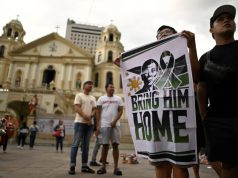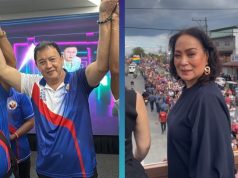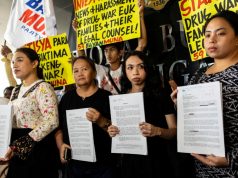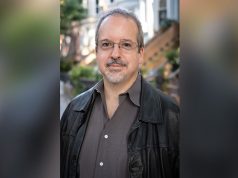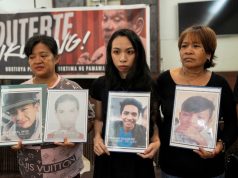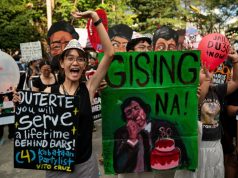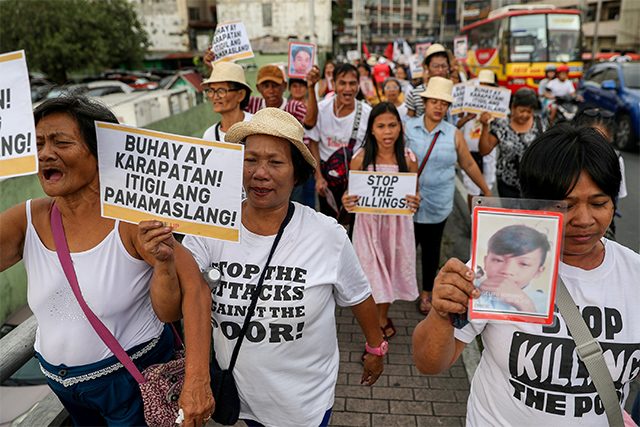
GENEVA — The Philippines pledged on Wednesday to cooperate with the United Nations on human rights issues after U.N. investigators documented tens of thousands of killings in the so-called war on drugs whose perpetrators were treated with “near impunity”.
Under a resolution adopted by the Human Rights Council on Wednesday the U.N. will provide technical assistance to help the government of President Rodrigo Duterte ensure unlawful killings and other violations are properly investigated and prosecuted.
Philippines ambassador to the U.N. in Geneva Evan Garcia said the government had “identified projects for the joint programme in the areas of strengthening investigative and accountability mechanisms, the establishment of compliance monitoring systems for the national police and engagement with civil society”.
The resolution cited similar areas in which the United Nations could provide technical assistance.
But activists said it fell short of their appeals to establish an international investigative mechanism.
“The human rights situation in the Philippines warrants more than just ‘technical assistance’ from the U.N.. A full international investigation to effectively address the pervasive impunity in the country is urgently needed,” said Rachel Chhoa-Howard, Philippines researcher at Amnesty International.
A landmark United Nations report in June said tens of thousands of people in the Philippines may have been killed in the war on drugs since mid-2016 amid “near impunity” for police and incitement to violence by top officials.
Duterte’s spokesman Harry Roque has said what he called “rehashed claims” of impunity in the report were unfounded.
The text of the resolution presented on Wednesday by Iceland on behalf of countries including the Philippines keeps the issue on the agenda for two years.
“We are hopeful that this first step will lead to concrete results on the ground,” Harald Aspelund, Iceland’s ambassador to the U.N. in Geneva, told the Council.
Laila Matar of Human Rights Watch denounced the “collective failure” of states to launch an international investigation.
“At the same time, it is quite clear that Duterte and the state forces behind the brutal campaign are not off the hook and will face continued examination,” she said in a statement. —Reporting by Stephanie Nebehay; Editing by Catherine Evans




